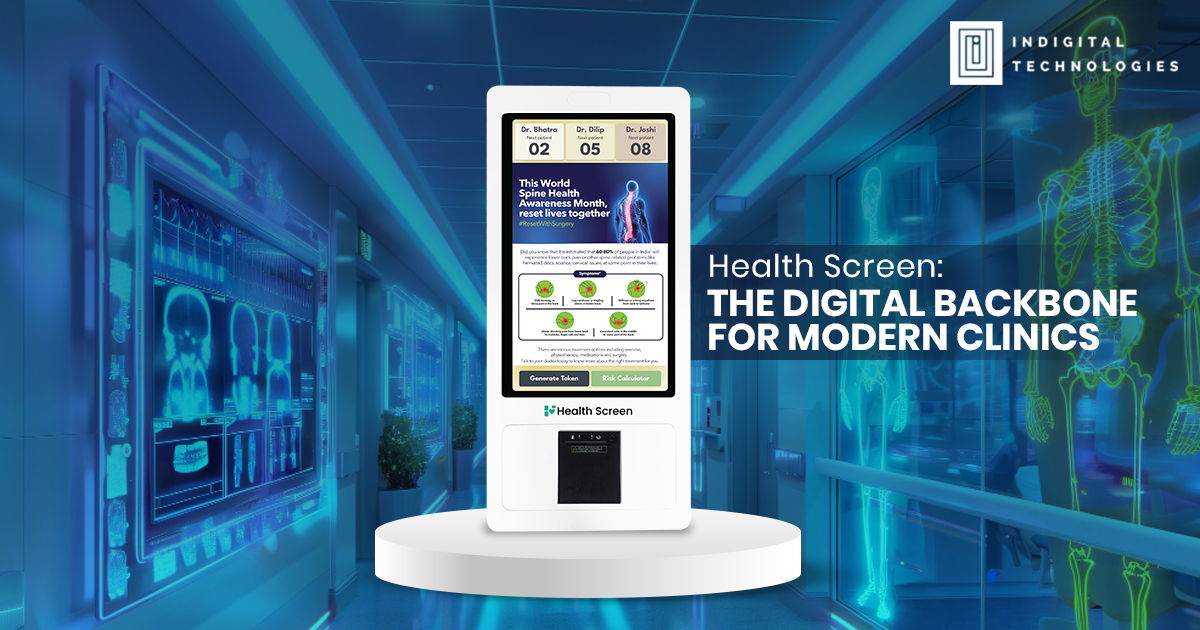In the pursuit of better healthcare outcomes, every small interaction between a patient and a clinic matters. While advanced treatments and diagnostics have revolutionized medicine, one often overlooked but powerful lever is how effectively patients are engaged throughout their care journey.
Today, integrating a digital health engagement platform into clinic workflows can significantly influence outcomes — not by replacing personal care, but by enhancing it in ways that were unimaginable a decade ago.
Making Patient Education Continuous, Not Episodic
Traditionally, patient education happens at the point of care — often rushed, sometimes forgotten. However, health management doesn’t end after the consultation. Patients go home with questions, fears, and doubts.
A digital health engagement platform ensures that education continues after the visit. From detailed videos explaining conditions and treatments, to interactive tools that walk patients through post-treatment care, continuous education boosts understanding — a key driver of better adherence and outcomes.
Early Detection Through Digital Monitoring
One of the silent but deadly contributors to poor outcomes is delayed detection of complications. Many patients don’t recognize warning signs early enough, or they hesitate to reach out.
Engagement platforms often integrate symptom tracking, digital check-ins, and health score monitoring features. By encouraging patients to report symptoms early, and by analyzing trends in real-time, clinics can intervene sooner — preventing hospitalizations, accelerating recovery, and improving survival rates.
Improving Therapy Adherence
Non-adherence to prescribed therapies remains a global challenge. Whether due to forgetfulness, side effects, cost concerns, or misunderstanding, skipping medication or abandoning a therapy plan can severely impact outcomes.
Digital platforms tackle this with smart reminders, educational reinforcements, side-effect management tips, and even motivational messaging. When patients feel supported between visits, adherence naturally improves, leading to more successful treatment journeys.
Personalized Patient Journeys
Healthcare is deeply personal. A one-size-fits-all approach often leads to disengagement. Modern engagement platforms use patient-specific data — age, diagnosis, treatment plan, risk factors — to tailor the experience.
For instance, a young diabetic patient may receive interactive lifestyle coaching, while an elderly patient on cardiac medication might get gentle medication reminders and caregiver alerts. Personalization ensures that interventions resonate more deeply, boosting patient satisfaction and clinical success.
Reducing Readmissions and Complications
One key quality metric for hospitals and clinics is the rate of readmissions. Often, readmissions are preventable — caused by missed symptoms, poor medication adherence, or lack of follow-up care.
By staying digitally connected with patients after discharge, clinics can spot red flags early, offer timely interventions, and guide patients through recovery protocols more effectively. Lower readmissions not only improve patient outcomes but also protect healthcare institutions from regulatory penalties and reputational harm.
Supporting Behavioral Change
Sustainable health improvement often hinges on behavior change: quitting smoking, exercising regularly, managing stress, or maintaining diet restrictions. Behavior change is notoriously difficult to achieve through one-time advice alone.
Engagement platforms deliver ongoing nudges, progress tracking, and motivational content that keep patients focused on their goals. Small, consistent reinforcements over time have a massive cumulative impact on patient outcomes.
The Role of Data and Insights
Integration isn’t just about connecting a digital tool to your practice. It’s about using the insights generated to guide clinical decisions. Engagement platforms provide real-time data on patient behavior, satisfaction, adherence patterns, and health outcomes.
Doctors and healthcare managers who leverage these insights can identify gaps in care, tailor interventions, and demonstrate measurable improvements in patient health — moving from intuition-based practice to data-driven excellence.
Conclusion
Digital health engagement platforms are not just conveniences; they are catalysts for better care. When integrated thoughtfully into clinical practice, they amplify a doctor’s ability to educate, monitor, personalize, and support patients in ways traditional methods never could.
In 2025 and beyond, improving patient outcomes isn’t just about groundbreaking therapies — it’s about building a healthcare journey where patients feel seen, heard, supported, and empowered every step of the way.



